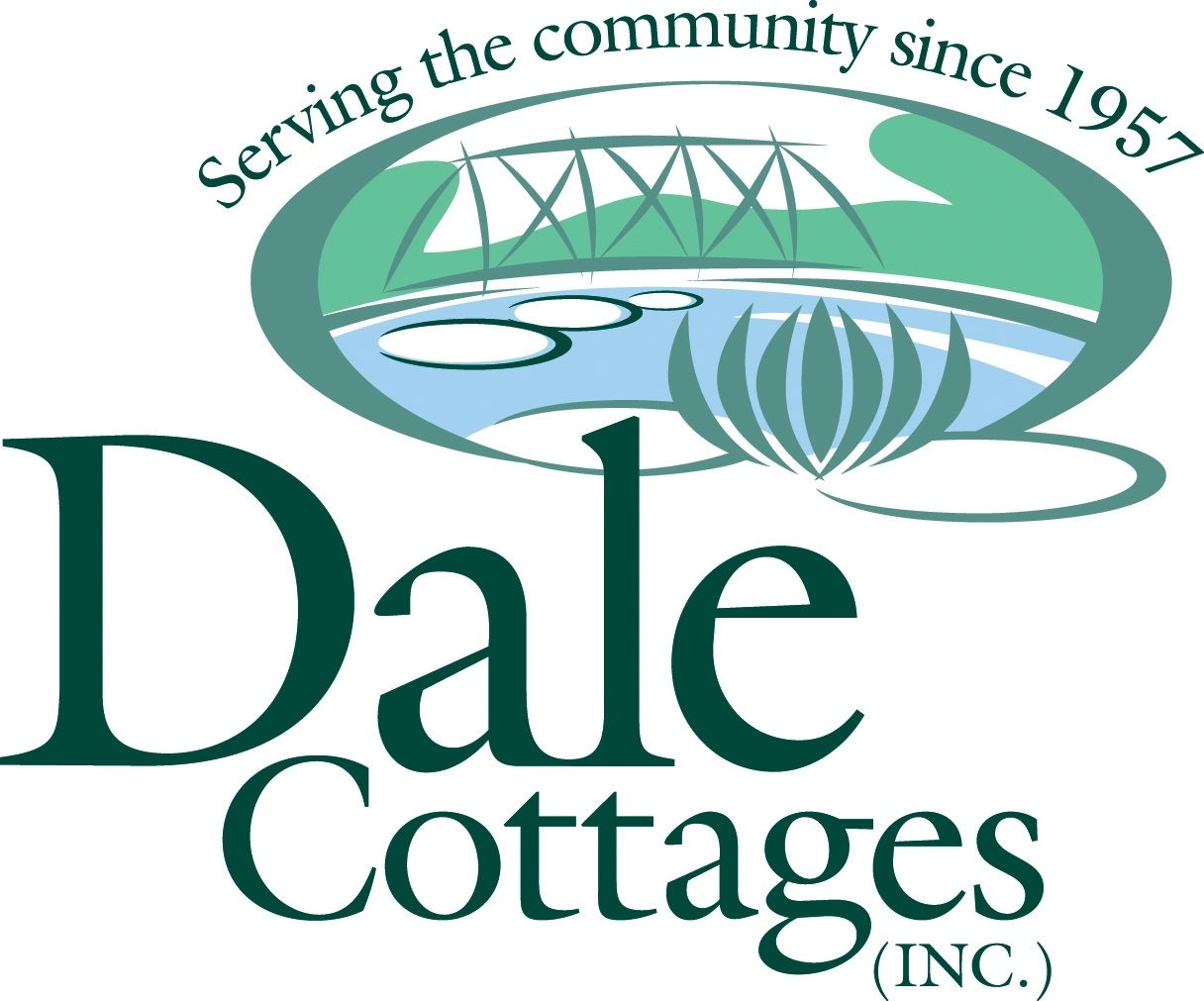When talking about aged care, we often think of a place where the elderly go to live their final years. However, aged care in Australia is much more than that. It is a vital service that helps the elderly live happy, healthy, and independent lives.
Aged care services provide a range of support to older Australians. They can help with day-to-day tasks such as cooking and cleaning and provide more specialised support for health conditions.
Here are the different types of aged care in Australia:
1. Residential Care
There are several types of aged care in Australia, but residential care is the most common. This type of care is for people who can no longer live independently and need constant care and supervision. Residential aged care facilities are usually located in purpose-built buildings, and residents typically have their bedrooms and share communal areas such as kitchens, living rooms and laundry facilities.
Most residential aged care facilities provide 24-hour nursing care, personal care, meals, laundry and recreational activities.
The Australian government generally funds residential aged care. Still, residents may also be required to pay a daily fee (known as a means-tested care fee) and a periodic care fee.
There are many benefits to choosing a residential care facility for your elderly loved ones. Perhaps the most crucial use is the peace of mind that comes with knowing your loved ones are cared for by professional staff in a safe and secure environment.
For families who live some distance from their elderly loved ones, residential care can provide much-needed respite, knowing that their loved ones are being well looked after when they cannot be there themselves.
2. At-Home Care
At-home care is a type of aged care in Australia that allows older people to remain living at home for as long as possible. It can include help with activities of daily living such as bathing, dressing, eating and toileting, as well as domestic tasks such as shopping and cooking. At-home care can be provided by family members, friends or paid caregivers.
There are many benefits to at-home care for the elderly in Australia.
First, it allows them to age in place. This means they can stay in their own home rather than moving into a nursing home or other facility. Second, at-home care is often less expensive than nursing home care. Third, at-home care can be customised to meet the specific needs of the older person, which is not always possible in a nursing home setting.
Finally, at-home care allows the older adult to maintain independence and autonomy.
3. Flexible Care
Flexible care for aged people in Australia can be defined as the delivery of care and services that are responsive to the individual needs of older people. It is a term used to describe a range of available care options to meet the changing needs of older Australians.
Flexible care options allow older Australians to remain living independently in their own homes for longer and receive the level of care and support they need as they age.
Conclusion
Many types of aged care are available in Australia, and knowing which one is right for you is essential. Whether you are looking for a retirement village, an aged care facility, or in-home care, there are various options.
Each type of aged care has its benefits, so it is essential to research to find the best option for your needs. With so many choices available, it is necessary to consult a professional to ensure that you make the best decision for your future.
Are you searching for aged care facilities in Perth? Look no further than Dale Cottages. We offer a comprehensive range of aged care services, so you never have to be concerned about your loved ones. Contact us for more information!

